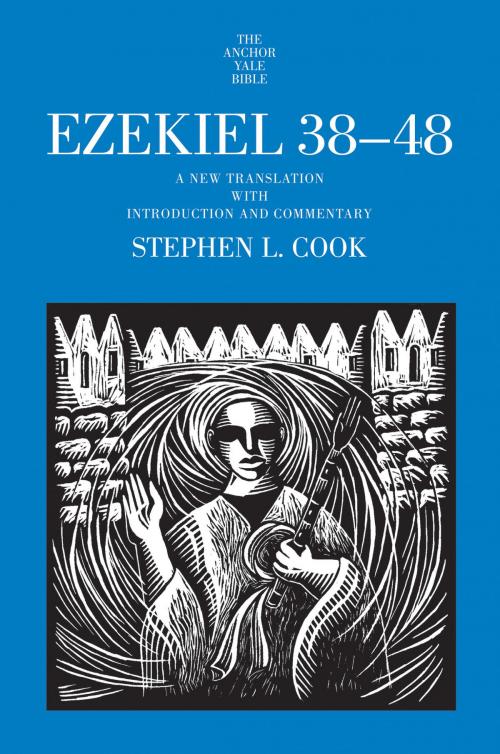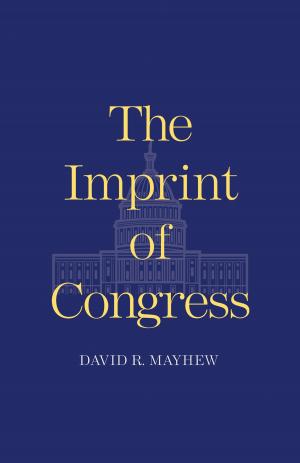Ezekiel 38-48
A New Translation with Introduction and Commentary
Nonfiction, Religion & Spirituality, Bible & Bible Studies, Old Testament, Criticism & Interpretation, Commentaries| Author: | Stephen L. Cook | ISBN: | 9780300240375 |
| Publisher: | Yale University Press | Publication: | November 27, 2018 |
| Imprint: | Yale University Press | Language: | English |
| Author: | Stephen L. Cook |
| ISBN: | 9780300240375 |
| Publisher: | Yale University Press |
| Publication: | November 27, 2018 |
| Imprint: | Yale University Press |
| Language: | English |
A fresh interpretation of the final major sections of the Hebrew book of Ezekiel, chapters 38-48
Stephen L. Cook offers an accessible translation and interpretation of the final sections of Ezekiel. These chapters, the most challenging texts of scripture, describe the end-time assault of Gog of Magog on Israel and provide an incredible visionary tour of God’s utopian temple. Following the approach of Moshe Greenberg, the author of the preceding Anchor Yale Bible commentaries on Ezekiel, this volume grounds interpretation of the book in an intimate acquaintance with Ezekiel’s source materials, its particular patterns of composition and rhetoric, and the general learned, priestly workings of the Ezekiel school. The commentary honors Greenberg’s legacy by including insights from traditional Jewish commentators, such as Rashi, Kimhi, and Eliezer of Beaugency. In contrast to preceding commentaries, the book devotes special attention to the Zadokite idea of an indwelling, anthropomorphic “body” of God, and the enlivening effect on people and land of that indwelling.
A fresh interpretation of the final major sections of the Hebrew book of Ezekiel, chapters 38-48
Stephen L. Cook offers an accessible translation and interpretation of the final sections of Ezekiel. These chapters, the most challenging texts of scripture, describe the end-time assault of Gog of Magog on Israel and provide an incredible visionary tour of God’s utopian temple. Following the approach of Moshe Greenberg, the author of the preceding Anchor Yale Bible commentaries on Ezekiel, this volume grounds interpretation of the book in an intimate acquaintance with Ezekiel’s source materials, its particular patterns of composition and rhetoric, and the general learned, priestly workings of the Ezekiel school. The commentary honors Greenberg’s legacy by including insights from traditional Jewish commentators, such as Rashi, Kimhi, and Eliezer of Beaugency. In contrast to preceding commentaries, the book devotes special attention to the Zadokite idea of an indwelling, anthropomorphic “body” of God, and the enlivening effect on people and land of that indwelling.















